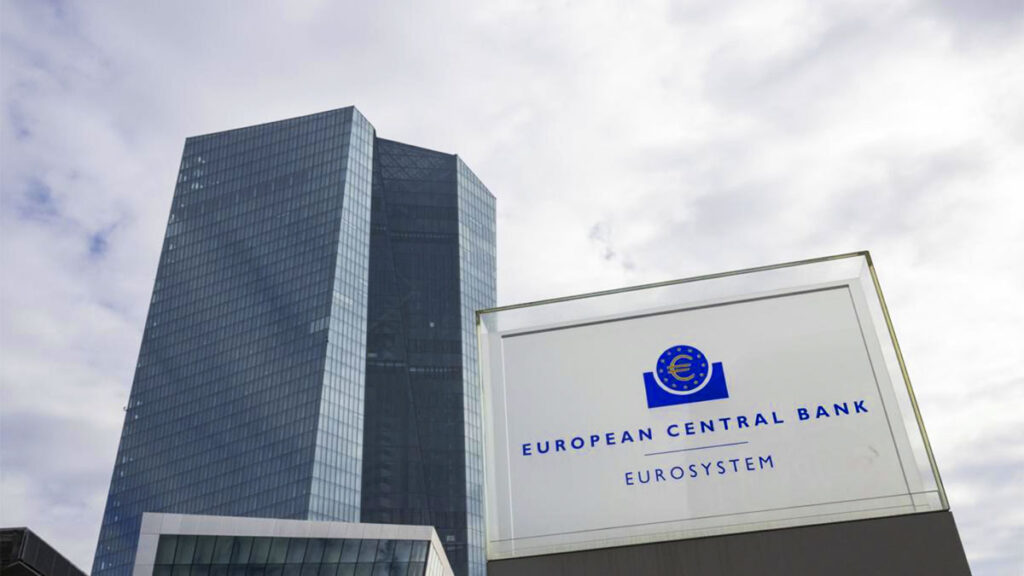The announcement by the European Central Bank (ECB) that it has decided to move to the next phase of the digital euro project is a significant step in the direction of a European digital currency, but it also raises a number of critical issues that deserve deeper scrutiny, as highlighted in the information provided in the news.
According to recent news, this advance is developed in the report titled “A Balance About The Digital Euro” and follows a more than two-year investigation into the design and distribution of the Digital Euro under the custody of the European Central Bank.
Through a tweet on the official ECB account by X, they sent a recent update, which included the detailed 44-page report, commenting that in November 2023 they will begin to ‘lay the foundations for the possible issuance of a Digital Euro.’
Our Governing Council has decided to move to the next phase of the digital euro project.
In November 2023 we will start laying the foundation for the possible issuance of a digital euro. A decision on issuing a digital euro will come at a later stage.https://t.co/xuKklame0U pic.twitter.com/Nn0Z8RggVn
— European Central Bank (@ecb) October 18, 2023
The ECB is said to have designed the digital euro as a digital form of cash, promising that it will be free for basic use and widely accessible.
However, the information also suggests that compensation between intermediaries and traders will be a crucial aspect and that privacy is a fundamental issue, although how this privacy will be guaranteed is not fully addressed.

The article from the official source provides more details on the design of the digital euro, underlining that it is planned to be used for all types of digital payments in the euro area.
In addition to highlighting the importance of resilience, competition and innovation in the European payments sector, an ability to make offline payments is mentioned within the descriptions.
CONCERNS ARISE ABOUT DECENTRALIZATION
Although the news does not explicitly refer to this issue, the suggestion of a Digital Euro under the control of the ECB conflicts with the fundamental principle of decentralization that characterizes cryptocurrencies, such as Bitcoin.
Furthermore, the official source article does not fully address this issue, as it continues to indicate that the ECB will maintain its centralized position of control. Cooperation with stakeholders is another aspect highlighted in the official source, and it is underlined that the ECB will continue to interact with a variety of actors.
The ECB’s announcement about the digital euro represents a development that raises fundamental questions related to decentralization, privacy protection and competition.
If Europe chooses to move forward with this initiative, it is crucial that they effectively address these concerns, otherwise it could jeopardize the independence and decentralization that have been a hallmark of finance in the era of cryptocurrencies, with the implications that finances would be totally controlled by the ECB.










